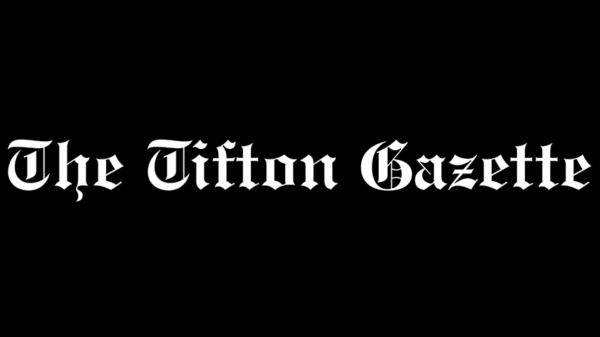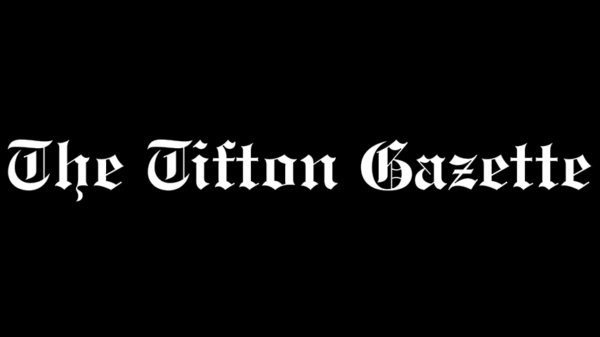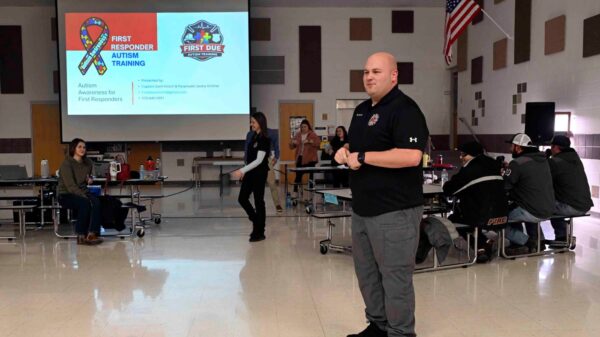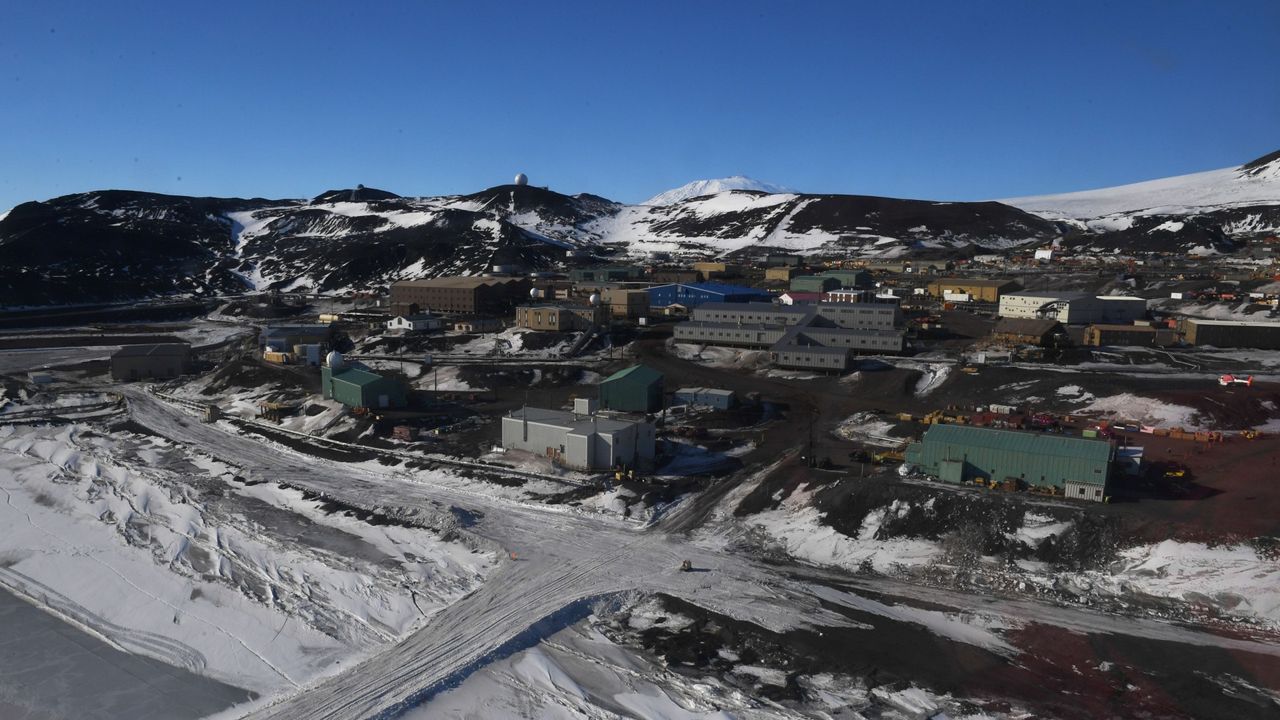A recent survey from the U.S. National Science Foundation (NSF) indicates that over 40 percent of respondents experienced sexual assault or harassment during Antarctic research expeditions. The findings raise significant concerns about the implications for future lunar and Martian outposts, as Antarctica serves as a critical analog for isolated and confined environments similar to those expected in space missions.
The report, released in July 2023, highlights that 679 individuals completed the survey, which focused on personnel involved with the U.S. Antarctic Program (USAP). Among participants, approximately 40.7 percent reported experiencing at least one instance of sexual assault or harassment. The survey also revealed that more than half of those affected were female.
NSF spokespersons stated the organization is dedicated to fostering a culture free from sexual violence in all NSF-funded activities, including those in Antarctica. “NSF is committed to maintaining a safe environment for the USAP community,” the spokesperson told Space.com. As part of their initiative, NSF plans to collaborate with other organizations working in remote settings to enhance assessment, prevention, and follow-up measures.
According to Asa Rennermalm, a physical geographer at Rutgers University and a past participant in NSF polar work, the survey represents a vital step toward addressing harassment issues. “Surveys like this play a critical role in documenting lived experiences that have too often been ignored or minimized,” Rennermalm noted in a report by Nature.
The NSF survey results come at a time when the agency, similar to NASA, faces potential budget cuts as proposed by the White House. This uncertainty could impact NSF’s ability to fully address the issues raised in the findings. Nevertheless, the NSF remains committed to using the data to inform continuous program improvement based on participants’ experiences.
Antarctica is recognized as an Isolated, Confined, and Extreme (ICE) environment, conditions akin to those encountered during space missions. Research indicates that individuals working in such settings require appropriate screening and training in leadership, coping, and interpersonal skills to manage the challenges of long-duration missions effectively.
NASA has drawn from decades of ICE research to improve astronaut training and living conditions. Astronauts undergo extensive training that includes simulations in various environments, such as caves and underwater habitats. They also have regular psychological support and opportunities for personal downtime during missions.
Concerns regarding sexual harassment at USAP have prompted scrutiny from the House Committee on Science, Space, and Technology. An investigation was launched following a 2022 report that highlighted issues of sexual assault and harassment in NSF activities. The committee identified “serious deficiencies” in NSF’s management of USAP and has recommended several remedies.
The recent NSF survey included a “bystander inventory” where nearly 70 percent of respondents reported witnessing incidents of sexual misconduct. The survey classified these incidents into categories such as sexual harassment, unwanted sexual attention, sexual coercion, and sexual assault.
While the NSF clarified that the survey results are not intended to be representative of spaceflight scenarios, they believe sharing the findings could benefit other organizations working in remote environments. The foundation emphasized the importance of conducting needs assessments to inform future strategies effectively.
To address the issues identified in the survey, NSF aims to implement various recommendations, including decreasing the prevalence of victimization and improving reporting mechanisms. The organization has already begun tracking incidents and enhancing bystander intervention training.
“We are carefully reviewing the recommendations and considering our next steps to ensure that we continue to take effective actions within our available resources,” the spokesperson added. NSF remains committed to supporting participants affected by sexual assaults and has established dedicated channels for reporting and assistance.
As research expeditions continue in Antarctica, the findings underscore the urgent need for comprehensive strategies to ensure safety and well-being in isolated work environments, setting a precedent for future operations on the Moon and Mars.








































































